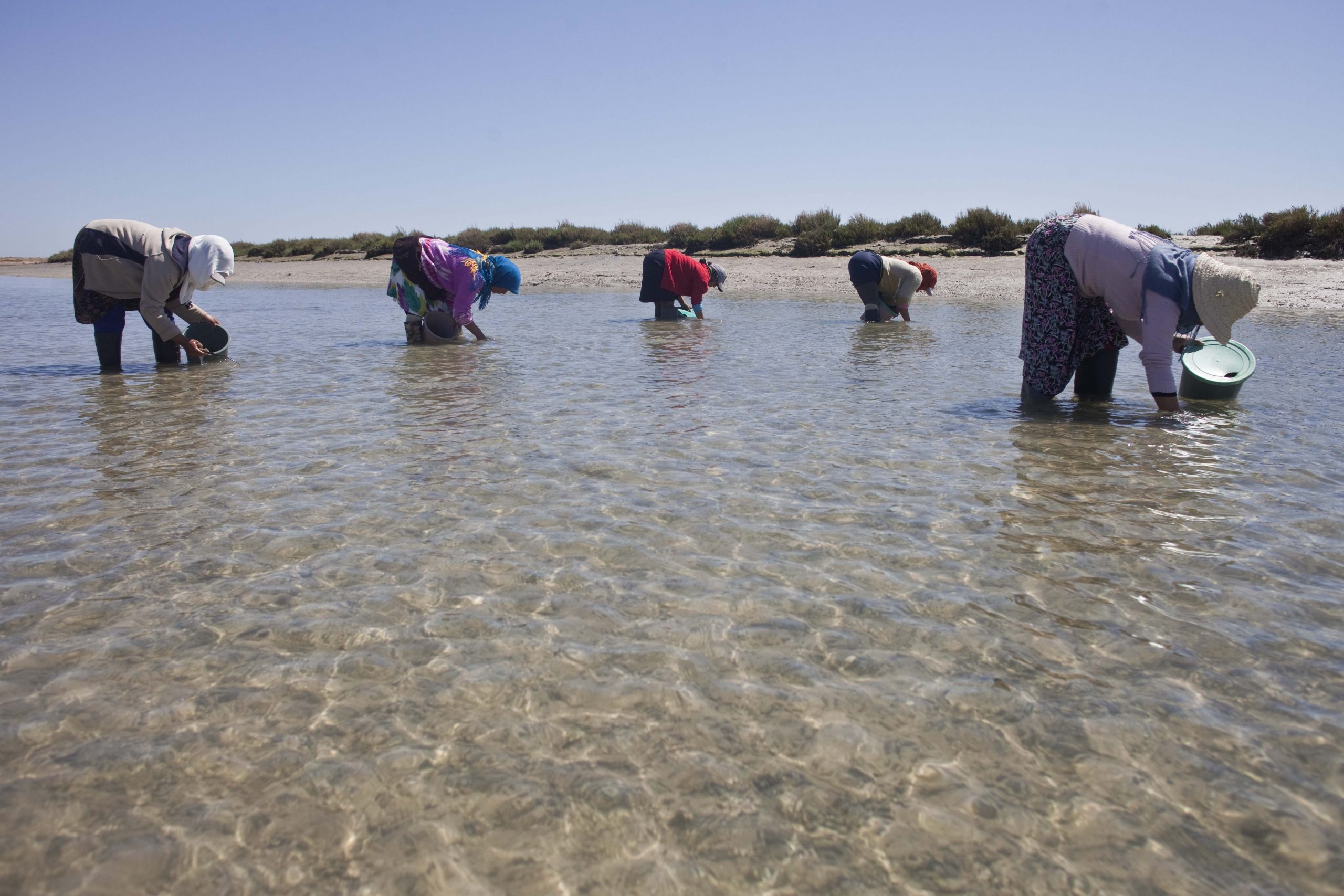
Water covers 70 percent of the Earth. Marine and freshwater environments sustain an abundance of life in its spectacular diversity. Through our history, small-scale fishing communities have interacted and depended on these living resources. A threat to aquatic environments is a danger to artisanal fishers.
Their protection and stewardship are essential to the communities and cultures they sustain. This relationship is a framework to manage conflicts and improve the quality of life and livelihood of small-scale fishers. It was recognized in the UN Convention on Biological Diversity.
Governments increasingly designate marine protected areas (MPAs) for conservation and management. This legal instrument does help but its implementation has raised serious concerns. Target-driven expansion of MPAs is fixated on quantitative goals. This has hit the rights, livelihoods and sustainable use practices of small-scale fishing communities. MPAs—created often in a non-consultative and non-participatory manner—have focused on regulating/restricting their fisheries, failing to recognize their sustainable livelihoods, culture and survival.
It is imperative that protection efforts are grounded in principles of sustainable use. That their processes are inclusive and recognizebuilding upon them. Artisanal fishers must be the frontline of marine biodiversity conservation. There is an urgent need for systematic improvements on all such matters.
A range of ICSF’s initiatives highlight the social and political dimensions of conservation. The importance of livelihoods of poor and vulnerable communities, of their participation and consultation. The co-management of resources by fishing communities, based on a human rights approach to conservation.

Participation at CBD meetings, and collaboration with fish workers organizations, local community and indigenous groups is useful in contesting target driven and top-down approaches to conservation, and the associated violations of human rights linked to these approaches. It is also useful in influencing the text of the decisions adopted to take on board indigenous and local community concerns.
The expansion of protected areas for marine biodiversity and existing policies and treaties that encourage responsible use of ocean resources are still insufficient to combat the adverse effects of overfishing,...
A ten-year framework for action by all countries and stakeholders to save biodiversity and enhance its benefits for people. This Plan provided an overarching framework on biodiversity, not only for...
The conservation and sustainable use of biodiversity in marine and coastal ecosystems is a key aspect of sustainable development. The more effective management of fisheries that are used for food,...
The United Nations Sustainable Development Goal (SDG) 14 to “conserve and sustainably use the oceans, seas and marine resources for sustainable development” reaffirms the quantitative element of Aichi target 11,...
This article endeavours to contribute to the growing body of scholarship on SDG linkages by placing at the centre of its focus SDG 14 on the “conservation and sustainable use...

The first chapter of this document reviews the state of knowledge of the various impacts of marine debris on marine and coastal biodiversity. It provides an update of the total...
The paper critically analyses discourses and practices of interactive governance and co-management while visiting Foucault’s power/knowledge concept for investigating the normativity and effects of participation discourses and practices. A particular...

Oceans make up 70 percent of the planet’s surface and support the livelihoods for millions of people around the world. Despite their important role, numerous threats such as overfishing, destructive...

While specific area-based protections including full closures have historically been common fisheries management measures, the specific notion or use of the term MPAs has been mostly restricted to those implemented...

This review provides an updated synthesis of the impacts of ocean acidification on marine biodiversity based upon current literature, including emerging research on the geological history of natural ocean acidification...